Counting Syllables – Why It Matters & How to Practise at Home!
🗣️ Counting Syllables – Why It Matters & How to Practise at Home
Counting syllables is a fun and important part of early literacy—and it’s something you can easily practise at home, anytime! Syllable counting is a key part of phonemic awareness, which means your child is learning to hear and break down the sounds in words. This skill lays the foundation for both reading and writing.
👉 Why is it important?
Every syllable in a word has at least one vowel or vowel sound, so counting syllables helps children:
Hear the structure of words
Spell longer words more accurately
Improve their fluency and rhythm when reading aloud
👉 How to count syllables:
Say the word out loud slowly (humming the word can also help)
Clap, tap, or count on fingers for each beat or "chunk" you hear
For example: ba-na-na = 3 syllables, dog = 1 syllable, spi-der = 2 syllables
👉 Make it fun!
You don’t need a worksheet—though we’ve included a fun fruit-themed one if you’d like to print and cut it out (great for fine motor skills too!).
You can practise syllables with:
Household objects: toaster, sofa, mirror
Colours: purple (2), yellow (2), red (1)
Animals: tiger (2), elephant (3), cat (1)
Family names: Olivia (4), Jack (1), Amanda (3)
Counties or towns: Antrim (2), Armagh (2), Ballymena (4)
Numbers: seven (2), fourteen (2), ninety-nine (3)
🚗 On the go? Call out words in the car or at the dinner table and ask your child to clap or tap the syllables.
A little daily practise like this can go a long way. Syllable awareness helps unlock more confident reading and stronger writing skills—plus, it’s a great way to have fun with words!


